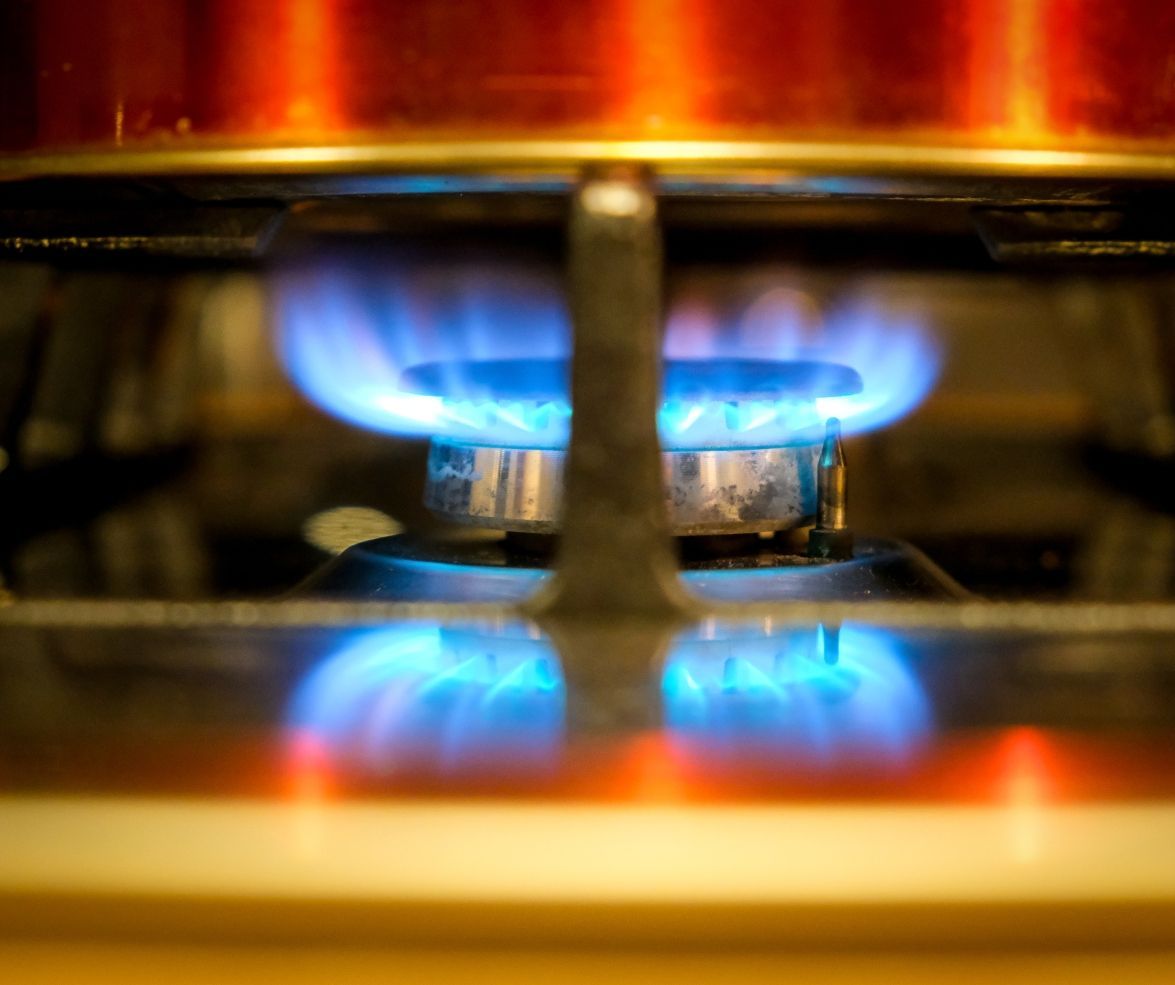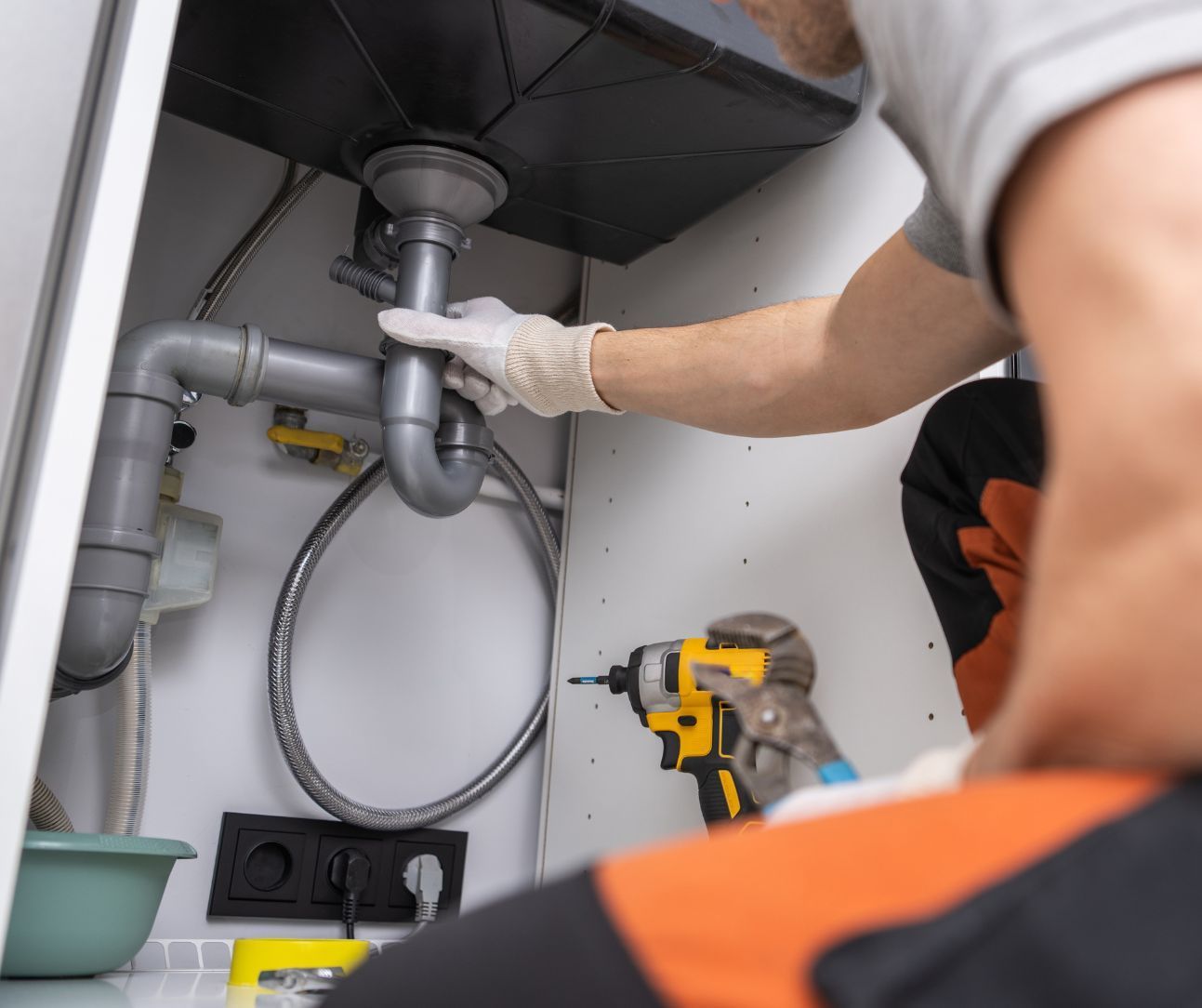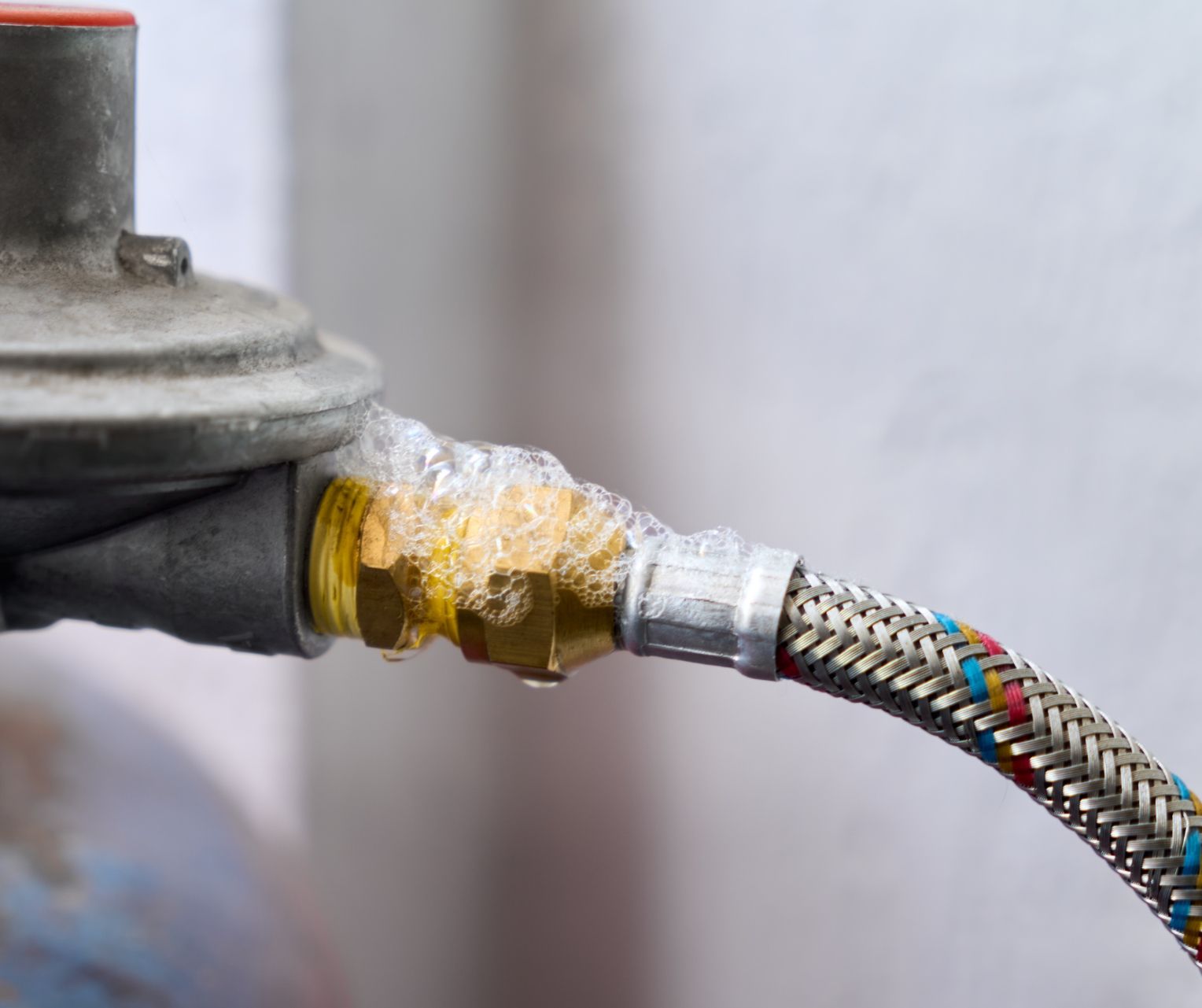How to Dispose of Used Cooking Oil Without Harming Your Pipes
Used cooking oil disposal is one of the biggest culprits behind blocked kitchen drains. Once it’s poured down the sink, it cools, hardens and sticks to the inside of your pipes. That greasy build-up doesn’t stay quiet for long. It grabs hold of food scraps, soap residue and more oil, turning your plumbing into a slow-moving mess.
What begins as an everyday clean-up can lead to bad smells, slow drains and a surprise plumbing bill. The fix is simple. You can keep your pipes clear and avoid the mess with a few smart habits. This guide covers safe and practical ways to deal with leftover oil without harming your home or the environment.
Why Improper Disposal of Used Cooking Oil is Dangerous to Your Plumbing
Kitchen oil wastes might seem fine going down the sink. But once it cools, it sticks to the inside of your pipes and starts causing blockages.
Here's what happens:
- It solidifies: Hot oil sticks to the inside of your plumbing pipes as it cools down.
- It traps debris: As the grease builds up, it traps food scraps and slows the flow through your pipes.
- It contributes to fatbergs and system blockages: That oil doesn't just mess with your house, it contributes to massive blockages in sewer systems and waterways.
Common Mistakes in Used Cooking Oil Disposal
Not all methods for the disposal of used cooking oil are safe. Here are some of the most common mistakes that often cause clogged drains:
Pouring Down the Sink, Toilet or Drain
This is one of the fastest ways to clog your pipes. Once the oil cools, it solidifies and creates a greasy layer that builds up over time.
Washing Off with Hot Water
You might think that pouring hot water down might do the trick, but the oil simply moves further down the plumbing where it cools and hardens again.
Using Soap or Detergent
Soap may seem like it breaks down the grease, but it only provides a temporary fix. The oil still settles in your pipes, leading to future blockages.
Burying It in Your Backyard
Tipping oil into soil can damage your garden and upset the balance of nutrients. It also attracts pests and creates a lingering smell that’s hard to ignore.
Throwing Away in the Regular Waste Bin (Uncontained)
Tossing loose oil in the bin causes leaks that soak through the rubbish and make a mess. It can also spill during collection, creating hazards for waste workers.
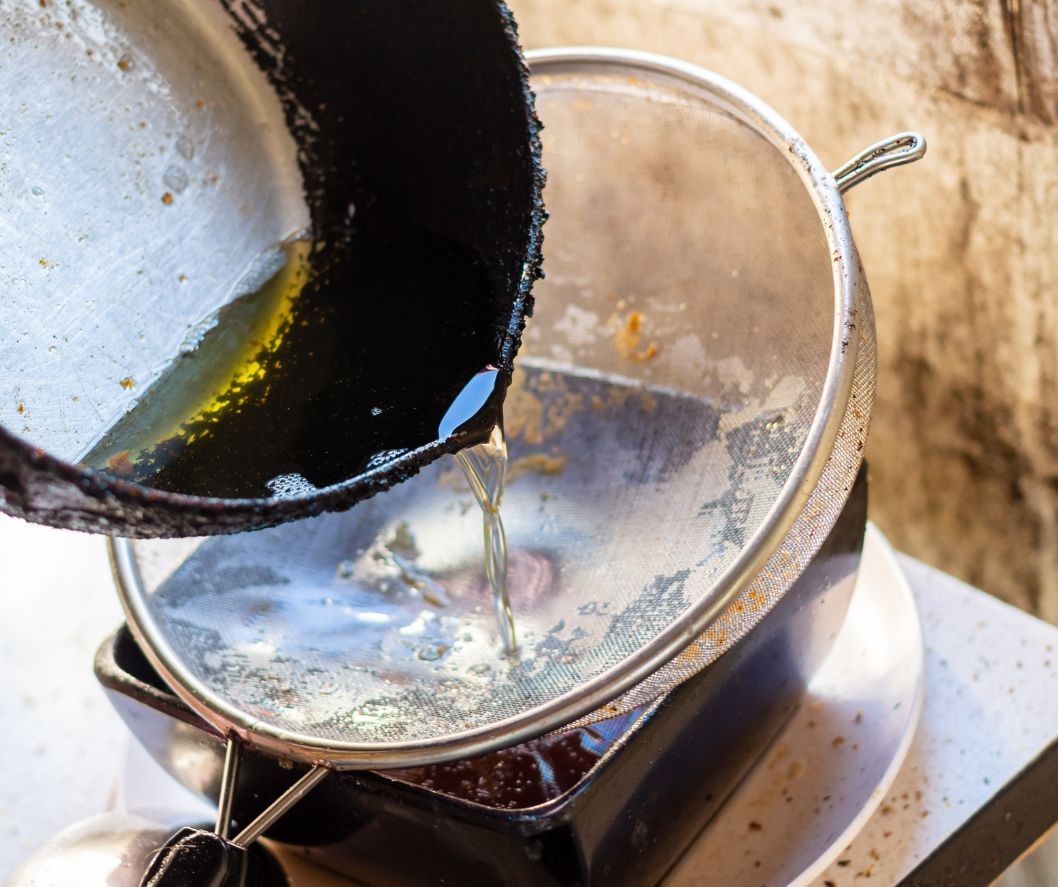
The Right Way to Dispose of Cooking Oil
Learning how to dispose of used cooking oil helps prevent blocked drains and costly repairs. The methods below show how to dispose of used cooking oil without damaging your plumbing and the environment.
Properly Store and Throw Away with Household Trash
Let the oil cool completely. Pour it into a leak-proof container (old jars or milk cartons work well), seal it and put it in your regular rubbish.
Recycle Used Cooking Oil
Some local councils and eco-centres collect cooking oil for biodiesel or soap production. Check with your nearest waste recovery centre.
Combine with Compost (in Small Amounts)
If the oil is clean and made from plants like canola or olive, you can add a small amount to your compost pile. Don’t overdo it, though, oil can smother your compost.
Use Strainers or Grease Traps
If you cook often, investing in a grease trap is a smart move. It stops oil and solids from slipping into your plumbing in the first place.
Donate to Local Collection Sites or Eco Centres
Services like Waste Clear and local councils often accept oil for safe processing. Look for cooking oil recycling centres near you.
Re-use When Possible
Filter out crumbs and re-bottle the oil for another round of cooking. Reusing oil is not just thrifty, it reduces waste too.
How to Dispose of Used Cooking Oil Properly
Preventing blocked drains starts with everyday kitchen habits. The simple steps below highlight how properly used cooking oil disposal can protect your plumbing and reduce grease build-up over time.
Pay Attention to What You Dispose of
Fats, meat grease, sauces and creamy leftovers don’t belong in the sink. Scrape plates into the bin before rinsing to stop the buildup before it starts.
Make Drain Cleaning a Regular Habit
Flush your drain once a month with boiling water followed by vinegar to clear out lingering residue. It’s a simple routine that helps prevent blockages without harsh chemicals.
Consult a Professional Plumbing Service
If your drains are slow or making odd sounds, it’s best to get them checked. A
qualified plumber can spot small issues early and save you from bigger problems later.
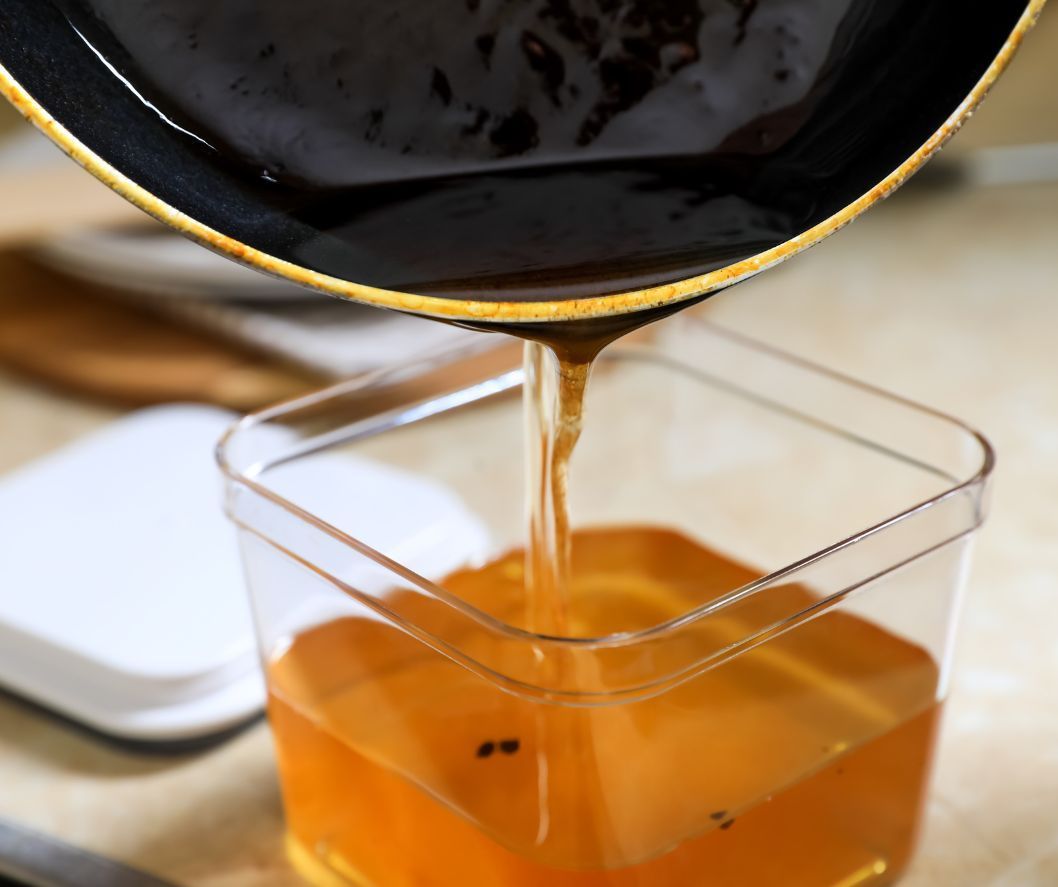
Maintain a Clog-Free Pipe with Eze-Flow Plumbing!
Improper disposal of used cooking oil is one of the most common causes of blocked drains in Australia. Once oil hardens inside your pipes, it traps food scraps, slows water flow and can lead to expensive repairs.
Knowing how to dispose of used cooking oil properly helps prevent these issues from building up. Small changes in your kitchen routine can protect your plumbing and save you from future headaches.
When at-home fixes aren’t enough, Eze-Flow Plumbing is ready to help. We provide blocked sink drain clearing, burst pipe and leak maintenance and other plumbing maintenance services throughout Sydney, the North Shore and the Northern Beaches.
Don’t wait for a full blockage.
Call us today and keep your kitchen running without disruptions.



